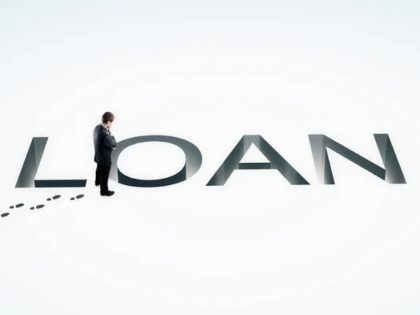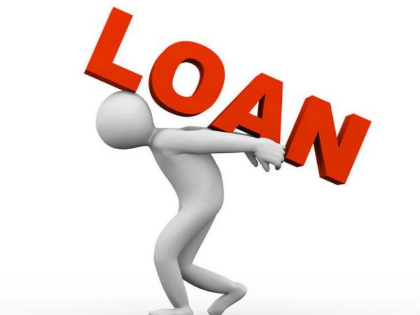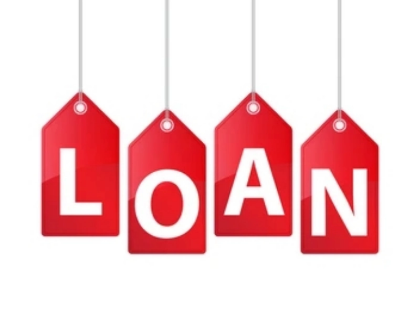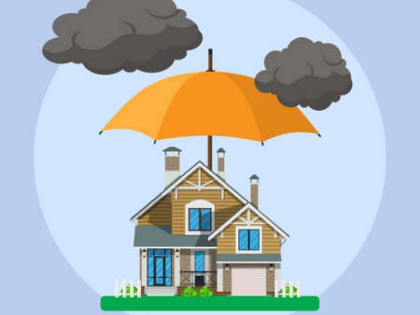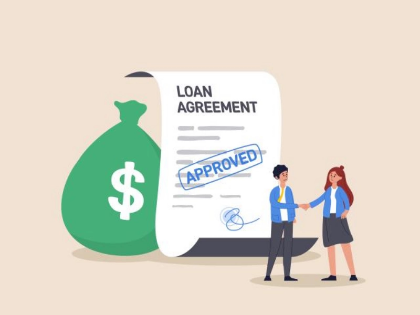Home Loans: The Secret to Getting Your Ideal House
Purchasing the house of your dreams is a significant life milestone. It requires extensive preparation, study, and documentation. Making an informed choice is facilitated by having a thorough understanding of your financing alternatives.
A variety of lenders, including banks, credit unions, and specialty mortgage lenders, offer home loans. Additionally, mortgages sponsored by the government are available to borrowers who meet certain requirements.
Rates of interest
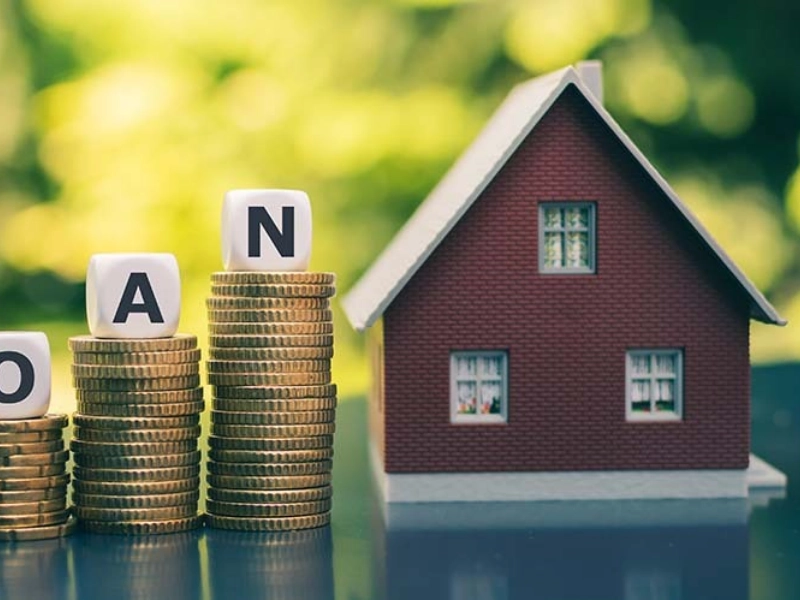
The majority of consumers utilize a mortgage to finance their house purchases because they lack the cash on hand. One important element that may affect your capacity to purchase your ideal home is the interest rate attached to a mortgage.
Market forces and the monetary policies of the Federal Reserve both affect interest rates. Interest rates on home loans and other short-term rates increase when the Federal Reserve raises the target federal funds rate.
Additionally, lenders control the interest rates on mortgages. To discover the best offer, compare official loan estimates and do online research on lenders' rates. Your credit score, the amount of debt you have, and the size of your down payment all have an impact on your loan rates.
Pay off high-interest debt, such as credit card debt and payday loans, to increase your chances of being approved for a mortgage. Reducing your debt-to-income ratio—which is determined by deducting your monthly loan payments from your monthly income—might be necessary to achieve this.
Initial Payment

The amount of the down payment for a mortgage can change based on the loan type and the purchase price of the property. A larger down payment may be required by certain lenders in order to lower the chance of default and facilitate borrower qualification. The amount of financial aid provided varies per program, but down payment assistance (DPA) programs can assist borrowers in affording a down payment. These programs, which are typically run by public and private entities, might include grants, low-interest loans, delayed payments, forgiven loans, and grants.
A borrower's credit score may be enhanced by making a higher down payment, which could lead to a cheaper interest rate. In the event of a default, borrowers may also elect to apply together with a co-borrower who is not the property's owner but is nonetheless financially liable for loan repayment. This can raise the maximum amount that a borrower is able to purchase, but it comes with more documentation and credit checks. The applicant's income and credit score are other elements that affect loan qualification in addition to a down payment.
Duration of Repayment

To evaluate whether you can afford a mortgage, lenders look at your assets, income, employment history, and credit. In addition, they require you to sign a deed of trust and promissory note as security for the loan. Typically, a down payment of 5% or 10% of the buying price is required. Closing charges also need to be paid.
Your interest rate, monthly payments, and overall cost of borrowing can all be significantly impacted by the length of your loan. It takes some research to choose the correct word, but the effort is worthwhile.
Although a shorter loan period entails a larger monthly payment, in the long run, it can save thousands of dollars in interest. In addition, you can lower the total interest load over the course of your loan lifetime by accelerating your loan repayment with a lump-amount prepayment. This helps you feel more comfortable and in control of your EMIs.
Thank You

The term "home appreciation" refers to a house's gradual increase in value. This raises the property's equity, which can be used to meet needs for money along the way. The capacity to purchase a new property in the future may also be impacted by appreciation.
One of the most reliable investments one can make is a home. It has several advantages, ranging from fostering communal relationships to accumulating money and financial stability. In the short run, nevertheless, it may also be a dangerous investment because homes can lose value as a result of inadequate maintenance or changing economic conditions.
Communities can employ shared appreciation mortgages to assist borrowers in building equity in their houses, thereby mitigating these hazards. A portion of a home's future appreciation is required for these loans, and it is usually paid to the lender during the course of the loan. HUD HOME and Community Development Block Grant monies are among the local and federal resources that can be used to fund the program.

